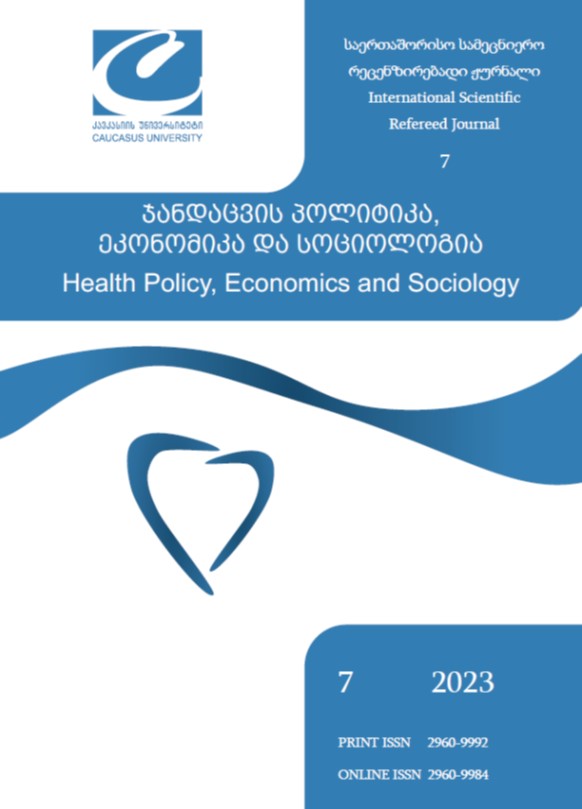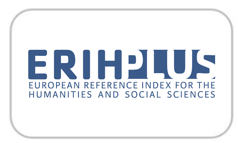ემოციური დისრეგულაციის როლი კვებითი აშლილობების, სიმსუქნის და კვებითი ადიქციის განვითარებაში
საკვანძო სიტყვები:
სიმარტოვის განცდა, ინტენსიური ლტოლვა, ფიზიოლოგიური კრიტერიუმები, ემოციური დისრეგულაცია, კვებითი აშლილობა, სიმსუქნე, კვებითი დამოკიდებულებაანოტაცია
სიმსუქნის გავრცელება ძირითადად გამოწვეულია კვებითი ადიქციით ანუ კვებითი დამოკიდებულებით. ემოციების რეგულირების სტრატეგიები მთავარ როლს ასრულებს კვებითი დამოკიდებულების გამომწვევი ფაქტორების შესწავლაში, ამ მხრივ განსაკუთრებით მნიშვნელოვანია ინტერპერსონალურ გამოცდილებასთან დაკავშირებული უარყოფითი ემოციები (იმედგაცრუება, იმპულსურობა, მარტოობა და ა.შ.). კვლევები ადასტურებენ, რომ უარყოფითი ემოციები და არაადაპტური ემოციის რეგულირების სტრატეგიები ხელს უწყობს კვებითი დამოკიდებულების ჩამოყალიბებას. ჭარბი დოზით საკვების მიღება შეიძლება იყოს ამ ემოციური დისტრესის რეგულირების მცდელობა. ეს შეიძლება დაკავშირებული იყოს იმ ფაქტთან, რომ კვებითი დამოკიდებულების მქონე პირებს არ აქვთ ჯანსაღი და ეფექტური ემოციის რეგულირების სტრატეგიები და აქვთ ტენდენცია, რომ ჩაახშონ თავიანთი არასასურველი ემოციები, ნაცვლად იმისა, რომ ჰქონდეთ ჯანსაღი კონტროლი. გარდა ამისა, მათი არასასურველი ემოციების დარეგულირების მცდელობებმა ასევე შეიძლება გამოიწვიოს სხვა არაჯანსაღი ქცევები, როგორიცაა ნივთიერების ბოროტად გამოყენება და თვითდაზიანება. იმის გამო, რომ სიმსუქნე კვლავ რჩება გადაუჭრელ პრობლემად და წონის დაკლების ტრადიციული მეთოდები დიდწილად წარუმატებელია, მკვლევრებმა და მედიკოსებმა დაიწყეს საკვების, როგორც ნარკოტიკული პოტენციალის გათვალისწინება, რაც გულისხმობს ემოციურ დისრეგულაციას, სიმარტოვის განცდას, იმპულსურობასა და გაზრდილ ლტოლვას საკვების მიმართ. ამრიგად, კვებითი დამოკიდებულება აკმაყოფილებს ისეთ ნივთიერებისადმი დამოკიდებულების ფიზიოლოგიურ კრიტერიუმებს, როგორებიცაა სოციალური გაუფასურება და განმეორებითი გამოყენება უარყოფითი შედეგის მიუხედავად.
ჩამოტვირთვები
გამოქვეყნებული
როგორ უნდა ციტირება
გამოცემა
სექცია
ლიცენზია

ეს ნამუშევარი ლიცენზირებულია Creative Commons Attribution-ShareAlike 4.0 საერთაშორისო ლიცენზიით .













